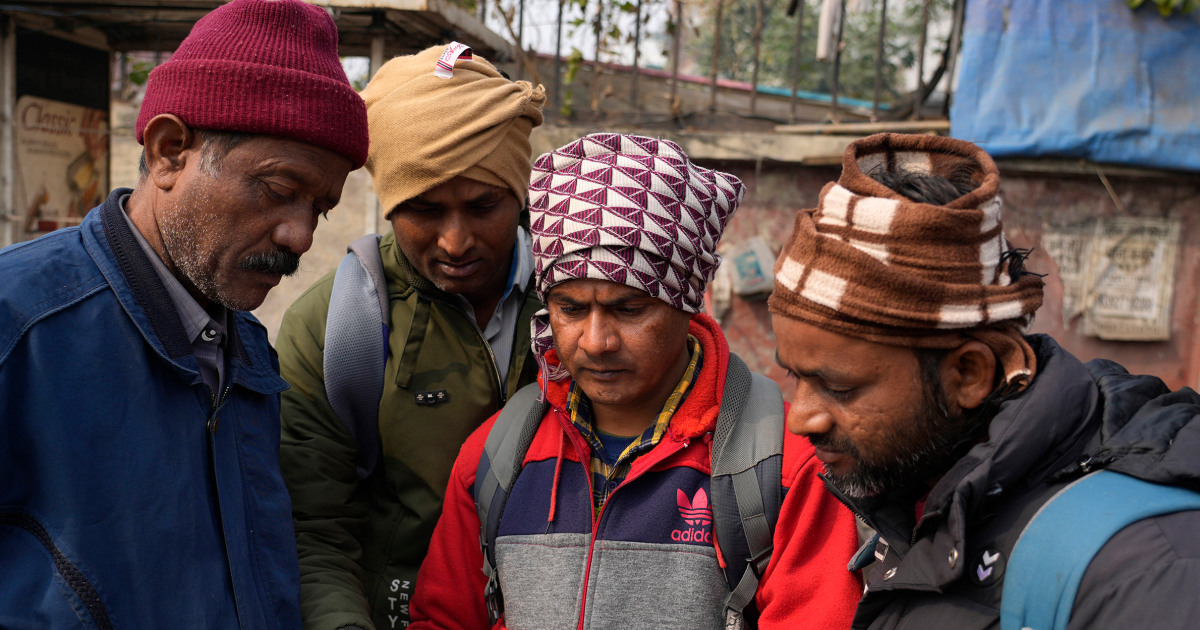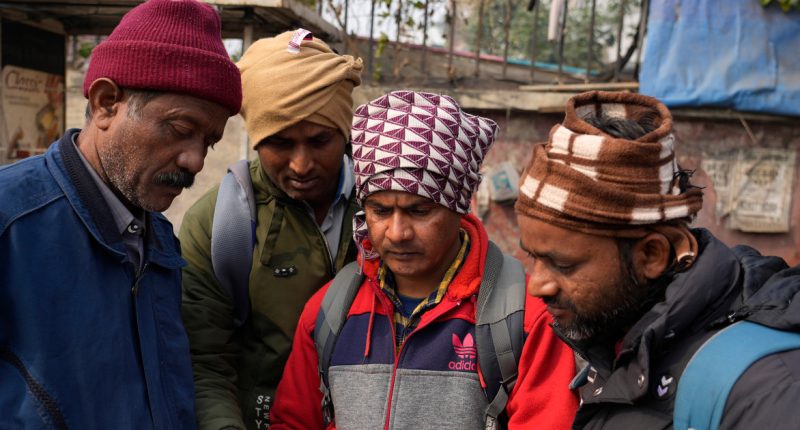
Palestinians from both Gaza and the West Bank are now mostly barred from entering Israel, their work permits revoked on security grounds. Thousands of migrant workers from Asian countries such as Thailand, Nepal and the Philippines have opted to return home after seeing their fellow countrymen killed. Israeli reservists, meanwhile, have been called to war, further cutting into the supply of workers.
The labor shortage has dealt an especially big blow to Israel’s construction industry. Before the war, two-thirds of the more than 150,000 Palestinians working in Israel were in construction, according to the Palestinian Central Bureau of Statistics.
The shortage of construction labor is so acute, officials say almost half of Israel’s building sites are now closed.
“The construction business is based on Palestinians. About a third of our workers were Palestinians before the war,” Shay Pauzner, deputy director-general of the Israel Builders Association, said in a phone interview.
The overall labor shortage is estimated to be costing the Israeli economy more than $800 million a month, according to the finance ministry, leading Israel to turn to countries such as India and Sri Lanka for new workers.
Recruitment talks with India, which has grown closer to Israel under Prime Minister Narendra Modi, were already underway well before the war began. India, the world’s most populous country, struggles to provide jobs for its 1.4 billion people, and although the overall unemployment rate has been falling, the jobless rate for people ages 15 to 24 was 17.9% in 2022, according to the World Bank.
There are currently 18,000 Indians working in Israel, mostly as caregivers, according to the Indian foreign ministry.
“Salary and longevity of contract is the main motivator. It’s a quantum leap and a killer combo to attract workers of any kind,” Samir Khosla, chairman of Dynamic Staffing Services, an agency based in New Delhi that works with Pauzner’s group, said in a phone interview Tuesday.
The recruitment drive has its critics, some of whom fear the Indian workers might be deployed in high-risk areas or be subject to mistreatment. Thai migrant farmworkers interviewed by Human Rights Watch have described being underpaid, working excessively long hours and other rights violations.
“Nothing could be more immoral and disastrous for India than the said ‘export’ of workers to Israel,” a group of 10 of India’s biggest trade unions said in a November statement. “That India is even considering ‘exporting’ workers shows the manner in which it has dehumanized and commodified Indian workers.”
Source: | This article originally belongs to Nbcnews.com









